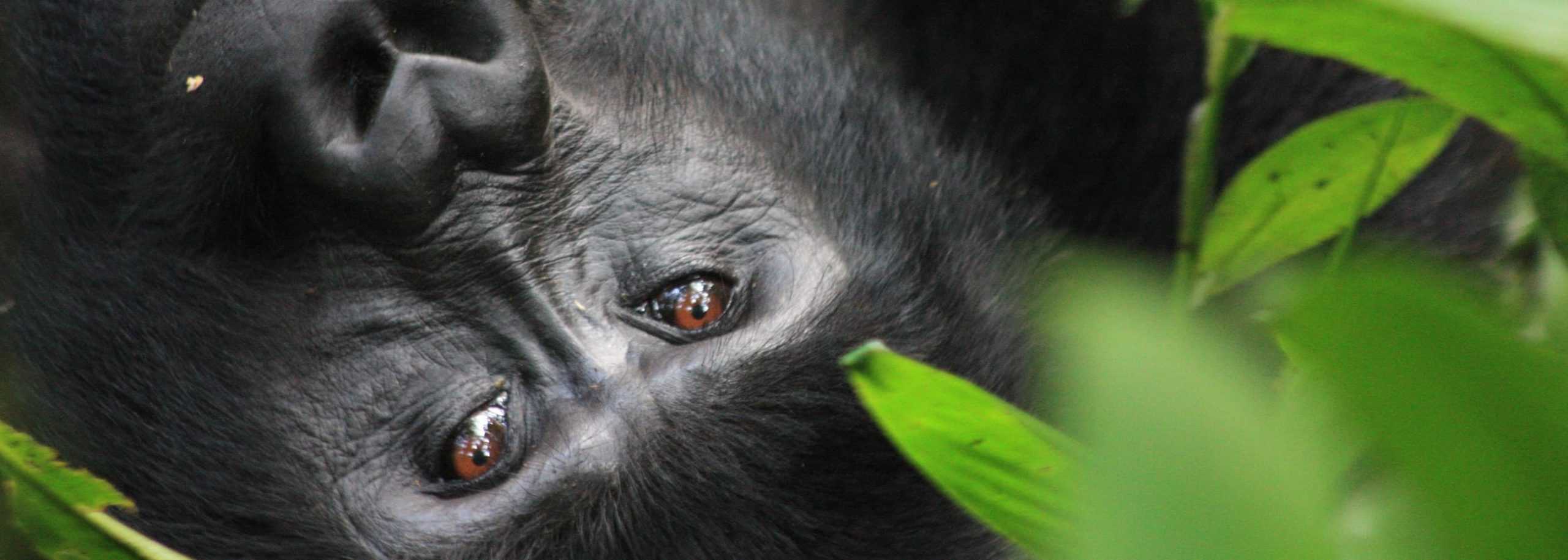Groundbreaking Gathering Seeks to Probe the Impacts of Climate Change on the Highly Endangered Mountain Gorilla
Featured | 10/02/10
12 February 2010 – How is climate change impacting the mountain gorilla and its conservation? This question will be investigated in the first organized workshop focusing specifically on the relationship between the highly endangered mountain gorilla, with a remaining estimated population of only 680, and climate change in the gorilla’s habitat, which consists of the Virunga Volcanoes and Bwindi Impenetrable Forest regions of Democratic Republic of Congo, Rwanda and Uganda. Entitled “The Implications of Global Climate Change for Mountain Gorilla Conservation in the Albertine Rift” the workshop will be held in the Rwandan town of Gisenyi from February 15th through February 17th, 2010. Organized and led by the IGCP, our partners African Wildlife Foundation (AWF) and EcoAdapt, other participants will include representatives of local, regional, and international governmental and non-governmental agencies involved in gorilla protection, technical specialists including climate modelers, climatologists, gorilla biologists, and forestry and ecology experts, as well as social scientists working in the region, and government and non-governmental representatives from funding and related working groups.
The meeting seeks to not only share knowledge on climate change across the region between the diversity of organizations and government agencies focusing on mountain gorilla conservation, but also build adaption strategies into current and future mountain gorilla conservation efforts. Climate change modeling results for the region will be integrated into discussions on gorilla health, regional socioeconomic issues, gorilla ecology and regional forest and biodiversity issues in the gorillas’ home range.
IGCP has already taken action on climate change in mountain gorilla habitat with an ongoing study in Virunga National Park in the Democratic Republic of Congo that focuses on gorilla foods and other plant life in the Mikeno sector of the Park, which approximately 200 gorillas call home. The study will be expanded to gorilla ranges in Rwanda and Uganda in the coming years.

